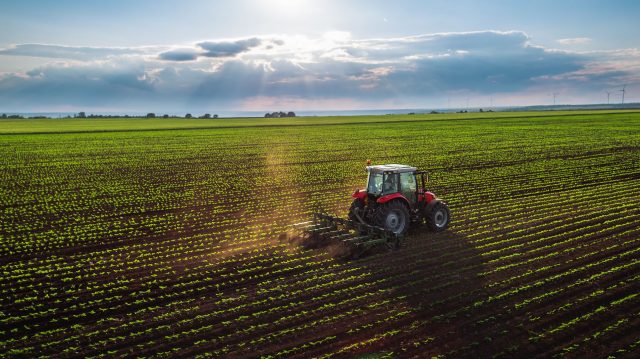
The Common Agricultural Policy (CAP) is a European initiative created in 1962 with the aim of bridging the gap between the increasingly exhausted farming models, which are of great strategic value for ensuring food security and traditional ways of life, and European society as a whole, which is increasingly detached from primary production models, residing in the suburbs of large cities, increasingly exhausted and rendered invisible by the exhausting experience of post-modernity, strongly rooted in the old Europe.
The objectives with which the Common Agricultural Policy came into being are to support farmers and improve their productivity by ensuring a stable supply of affordable food; to guarantee EU farmers a reasonable standard of living; to conserve the natural and landscape heritage throughout the EU; to ensure the survival of rural areas; to keep the rural economy alive by boosting employment in agriculture, agri-food industries and related sectors; and to contribute to the sustainable management of increasingly depleted and inaccessible natural resources.
These ambitious objectives, specified by the European Commission in all their institutionalism, fall far short of the reality of the rural environment and its traditional livelihoods, and end up failing and abstracted from reality. They are a dead letter to the demands of European bureaucrats.
Recently, Brussels has announced the relaxation of the models set out in the Common Agricultural Policy, which aims to speed up support for the fisheries, agriculture and livestock sectors. In this way, the European Commission aims to align the strategic priorities of the CAP with the so-called “European Green Pact” (note the strong green tone) and the Common Fisheries Policy.
European Competition Commissioner Margrethe Vestager stressed that this relaxation “will make it easier and quicker for Member States to provide funding to these sectors that are key to the EU economy, without undue distortions of competition in the single market”.
Among the new state aid rules that are part of the package approved by the European Commission, which will start to apply from 1 January 2023, are the block exemption regulation for fisheries, the revision of the block exemption regulation for agriculture and the new guidelines on state aid to the forestry and agricultural sectors in rural areas.
The reaction of many representatives of agricultural cooperatives and trade unions to this initiative has not been long in coming. Affected by the inflationary crisis, the rise in production costs and the drought that has hit a large part of the European territories, they have warned that, despite the supposed efforts of Brussels to make the CAP more flexible, the impositions of the European Commission are not correct and are promoted from positions far removed from the rural territories and their reality, more typical of the thinking heads in the sterile European offices, blind to the demands of the countryside. Thus, they warn that, if the European Commission continues to remain detached from the concrete reality of the rural world, its demands and traditional lifestyle, we are heading towards a scenario of food shortages.
On the environment, the Commission intends to “contribute to the fight against climate change” through the implementation of the new CAP. These impositions on environmental matters have been the last straw for the whole of the primary sector, which is asking public administrations to make these new obligations more flexible, which they consider unfeasible and insufficient.
In this way, part of the countryside is claiming that this CAP is not what the countryside needs, nor what it has been demanding. A political CAP, but not an agrarian one. Populist, but not popular. Like a stillborn baby, they say: This CAP is stillborn.



 Subscribe
Subscribe